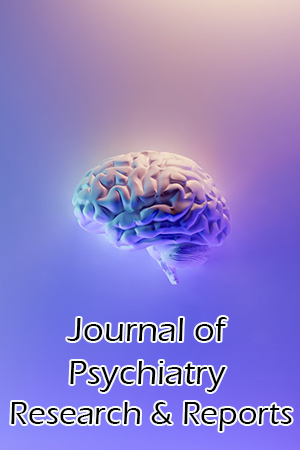Integrating Mental Health into Primary Health Care Settings in Ogun State: An Example of a Sustainable Mental Health Project in Nigeria
Lucky EU Onofa, Timothy Adebowale, Richard Gater.
Introduction: In developing countries with shortage of mental health professionals, non-physician primary health care workers are trained and supported to provide mental health services. One of the major challenges with mental health integration into primary health care (PHC) is the long-term sustainability of such services. This paper reports on a primary care mental health service that has been continuously sustained over a decade.
Method: Aro Primary Care Mental Health Programme was developed and rolled out across 40 designated PHC centres in Ogun State in November 2011. Initially, 80PHC workers were trained using the adapted WHO mental health Gap Action Programme- Intervention Guide (mhGAP-IG) document covering 5 priority mental conditions: (Psychosis, Depression, Epilepsy, Anxiety Disorders & Other Significant Emotional Complaints and Substance Use Disorders). Over the years, above 400 PHC workers had been trained with commencement of mental health service delivery in the designated PHC centres. The field psychiatric nurse supervisors and consultant psychiatrists have provided a solid framework of support and supervision. Caseload of patients treated by the trained PHC workers was reviewed since commencement of the programme in November 2011 using descriptive statistics.
Results: In the 11 years 6 months period (November 2011 – April 2023), the caseload of patients was 2,910 with an average of 254 new cases per annum. About 90% of the cases were Psychosis and Epilepsy. Attrition of trained PHC workers remained a major challenge with only 18 trained PHC workers remaining on the programme. Follow up cases of patients showed an average of 279 follow-ups per month.
Conclusion: The Aro Primary Care Mental Health Programme has shown that it is feasible, practicable and cost effective with relevant stakeholders’ participation to scale up mental health services at primary care setting in Nigeria using the adapted mhGAP-IG document. Also the factors responsible for sustaining the services for over a decade are dynamic and deserved to be better understood

